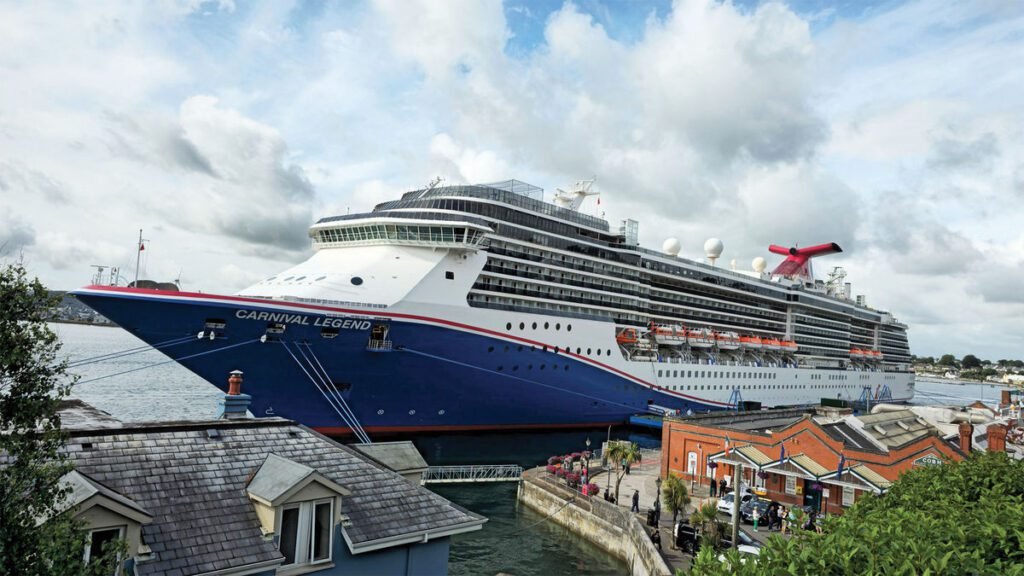Following the stock market downturn in April and the outbreak of conflict in June with attacks on Iran, many cruise enthusiasts paused their travel bookings. However, as the news cycle shifted, many returned to planning their next vacations almost immediately.
According to cruise industry analyst Patrick Scholes of Truist Securities, while cruise customers can be "notoriously panicky," overall booking trends have remained steady despite recent economic and geopolitical turmoil. Cruise lines and travel agencies report that while some agents experience fluctuations during such crises, major cruise companies like MSC Group and Carnival Corp. have not reported significant changes in their booking patterns.
Historically, American travelers have displayed a notable level of anxiety regarding international conflicts, especially when cruise itineraries are within proximity to affected areas. Scholes notes that this apprehension often leads to hesitancy among travelers, with a clear dip in bookings when news of conflicts breaks. For instance, during the June hostilities between Israel, the U.S., and Iran, there was a noticeable slowdown in cruise bookings for European routes. However, as the situation stabilized, many travelers resumed their plans, once again booking trips without hesitation.
Scholes emphasized that the temporary decrease in bookings lasted only a few days. "Travelers breathed a sigh of relief when it seemed the conflict wouldn’t escalate further," he explained. "There was definitely a hiccup in bookings, but we saw a quick rebound."
Carnival Corp. experienced a gradual recovery following a shaky April, with improved sales reported in May and June. CEO Josh Weinstein shared during the company’s second-quarter earnings call that cabin availability for summer was tightening, with many options selling at premium prices. Additionally, forward bookings for next year are robust, indicating strong consumer confidence.
Cruise bookings in Europe appear particularly strong, with Weinstein stating that the company’s metrics for the third quarter reflect "nothing but good things." Similarly, Scenic Group has reported high demand for Mediterranean and European river cruises.
Some travel advisors, such as Marisel Aleman from Cruise Elite, noted a shift toward more localized travel. "People are now booking more cruises that are closer to home, which seems largely influenced by global events," she remarked. While there is still decent availability for Mediterranean sailings, capacity is relatively good, indicating potential for further growth.
Even high-end clients are not immune to external factors affecting travel decisions. Carlos Edery from Luxury Cruise Connections observed more cancellations than usual among older clients, highlighting how their booking patterns align closely with geopolitical and economic climates.
Despite these fluctuations, many in the industry remain optimistic about the future. Mark Wilson from Arrivia referred to recent variations in European cruise sales as mere "noise." Looking ahead, he believes that this "noise" won’t have a lasting negative impact on sales.
The cruise industry’s inherent resilience allows it to adapt quickly to changing circumstances. Josh Tolkin from World Travel Holdings noted that, while major news events can influence bookings, they are typically temporary. Consumers are adjusting back to a more normalized booking pattern following the post-COVID travel boom, with projections indicating 2025 and 2026 will see a return to usual booking metrics.
As the cruising market continues to evolve, it is clear that while external factors may introduce short-lived uncertainties, the enduring allure of cruise vacations remains strong. For more insights on cruise booking trends and travel updates, visit Cruise.com and Travel Weekly.


